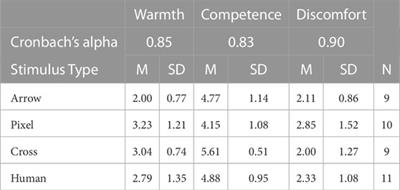ORIGINAL RESEARCH
Published on 02 Dec 2024
Integrating collaborative robots in manufacturing, logistics, and agriculture: Expert perspectives on technical, safety, and human factors
doi 10.3389/frobt.2024.1342130
- 973 views
5,057
Total downloads
54k
Total views and downloads
You will be redirected to our submission process.
ORIGINAL RESEARCH
Published on 02 Dec 2024
ORIGINAL RESEARCH
Published on 10 Jun 2024
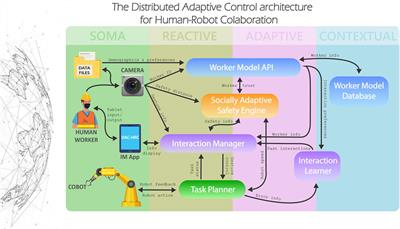
ORIGINAL RESEARCH
Published on 14 Dec 2023
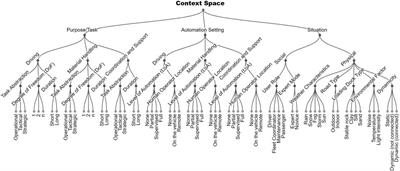
ORIGINAL RESEARCH
Published on 12 Dec 2023
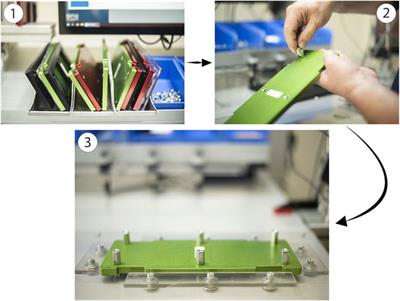
ORIGINAL RESEARCH
Published on 03 Nov 2023
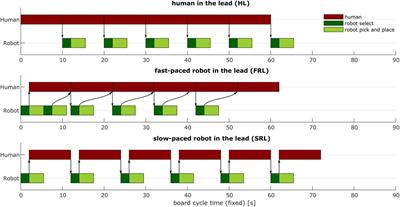
ORIGINAL RESEARCH
Published on 30 Oct 2023
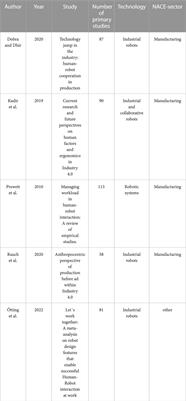
ORIGINAL RESEARCH
Published on 18 Oct 2023
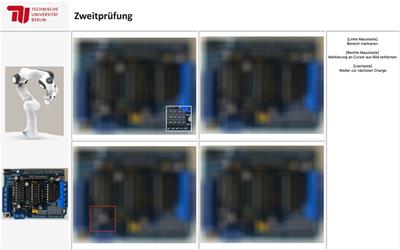
BRIEF RESEARCH REPORT
Published on 07 Sep 2023

ORIGINAL RESEARCH
Published on 28 Jul 2023
